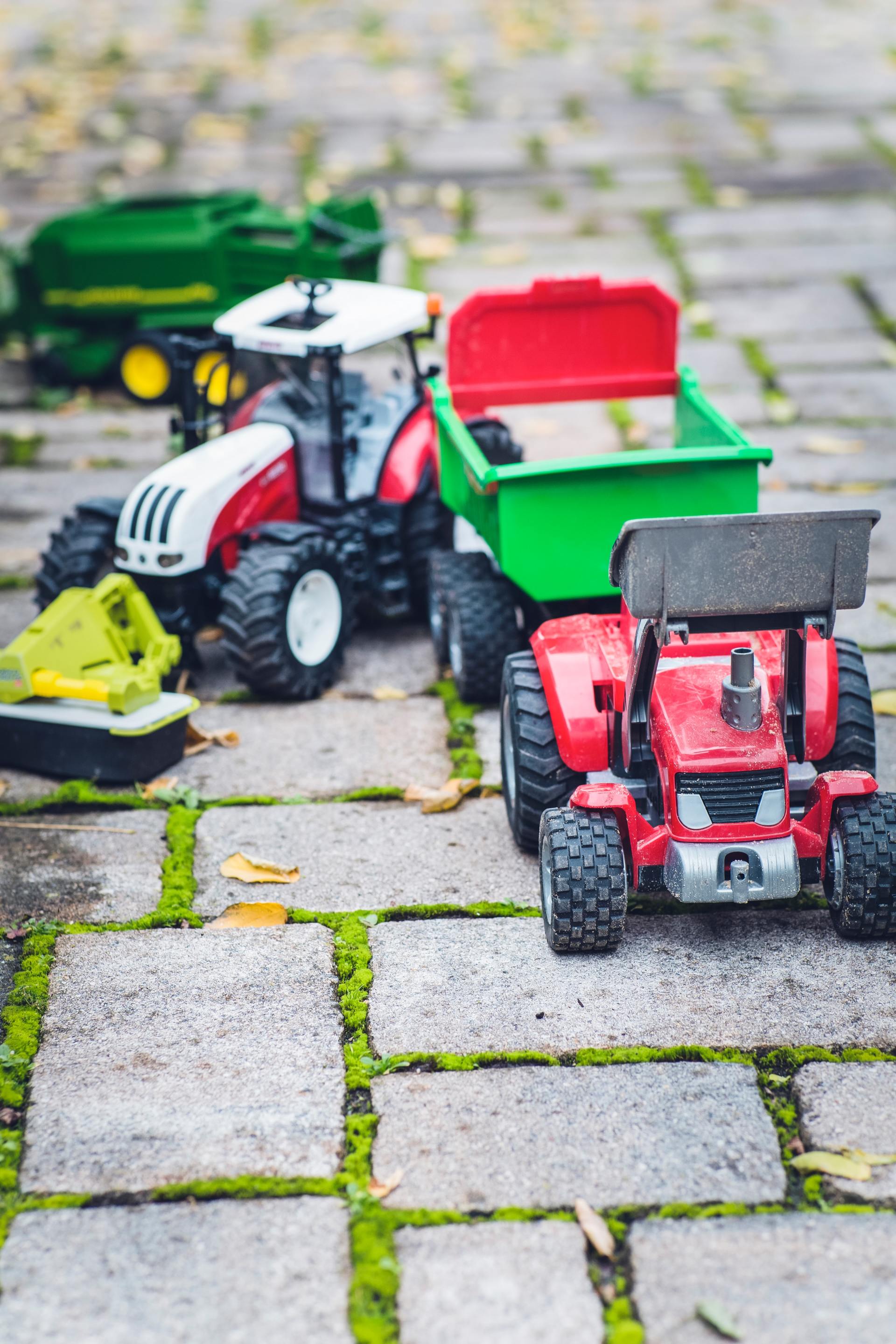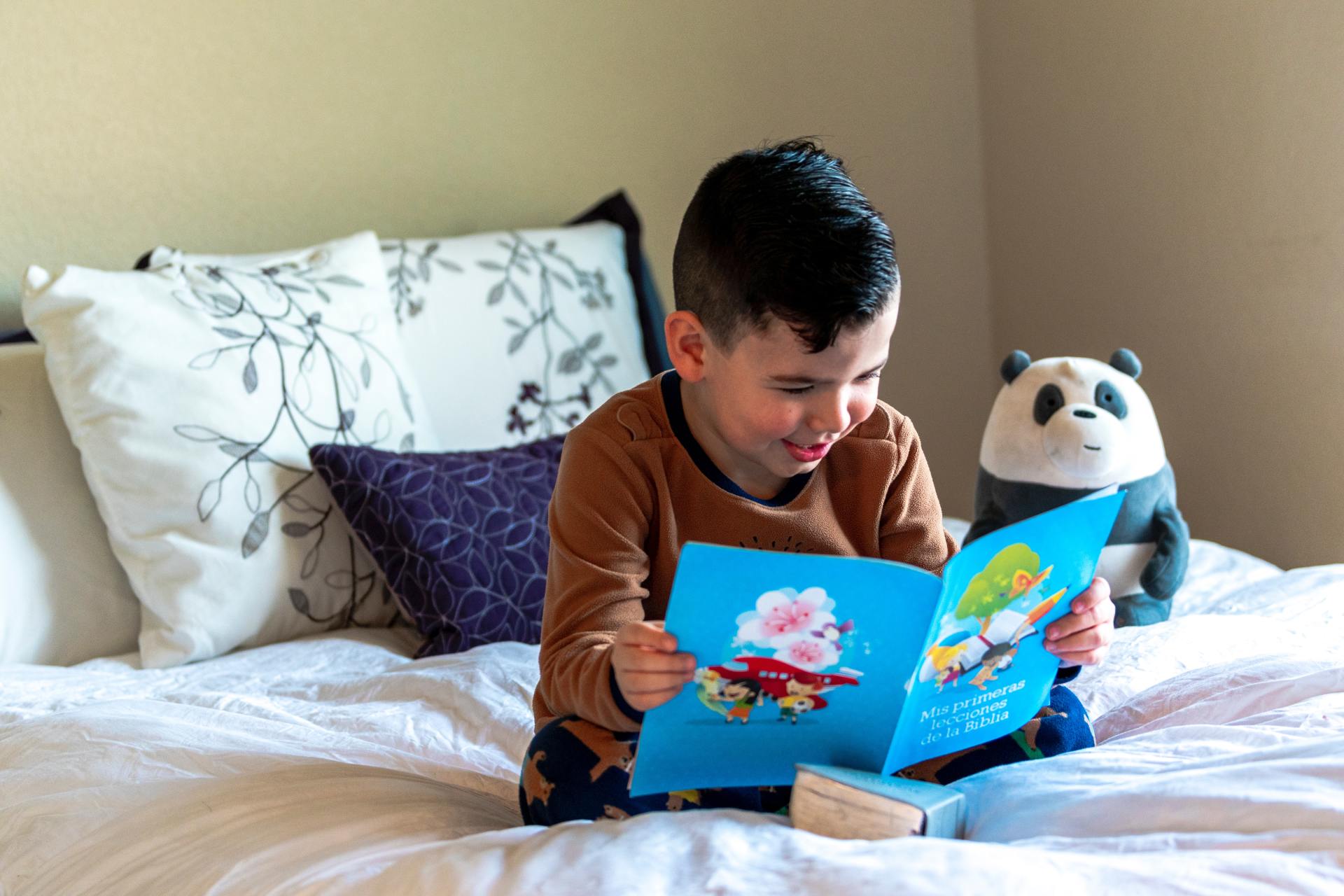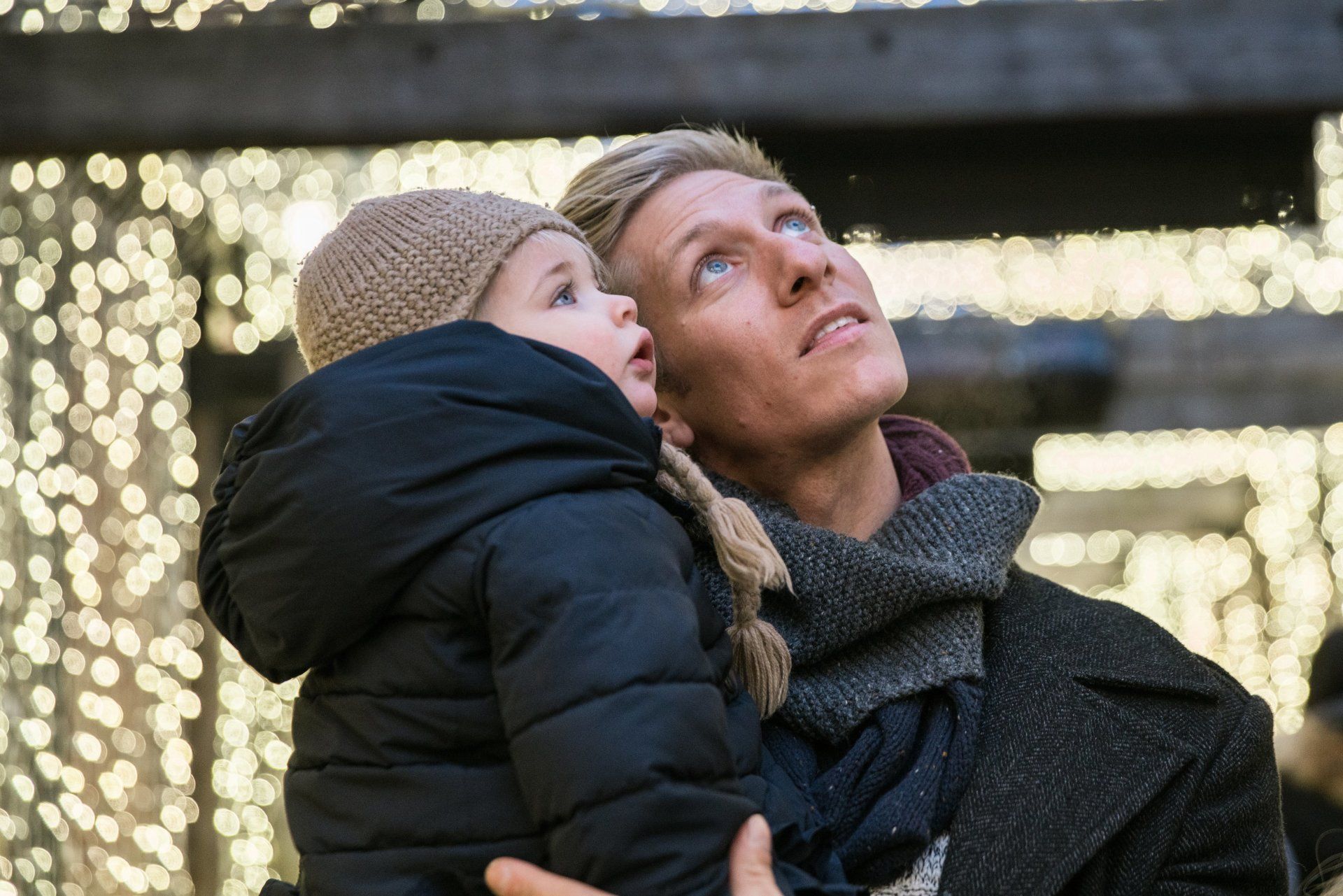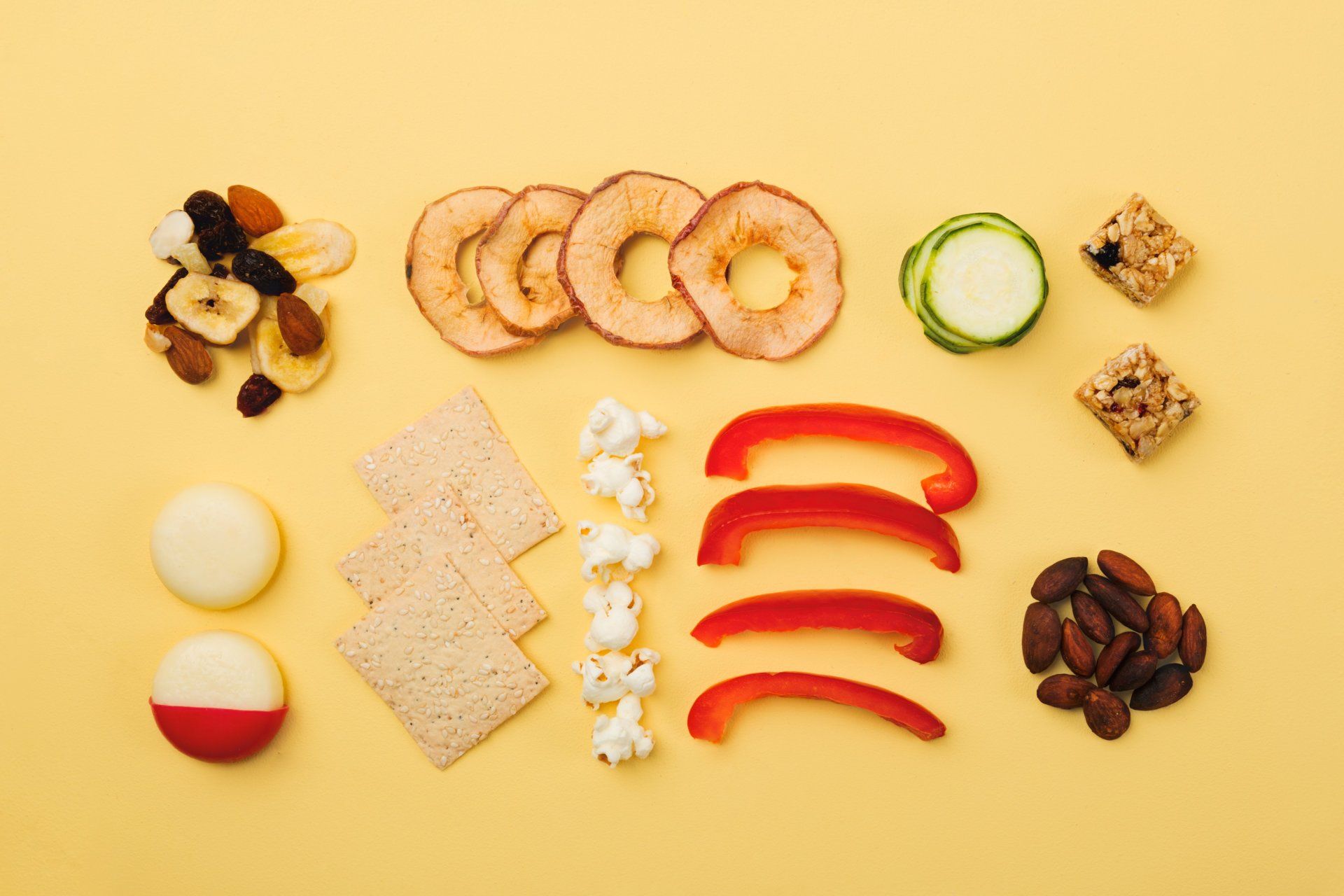Tips for Daily Activities

Play Time
Providing a wide range of play opportunities supports language development.
Children learn more when they are engaged in activities that interest them. Having fun with them is a great way to make sure they’re ready to Talk by 2 and Beyond!
Here are some simple tips to ensure children are getting the most out of play.
- Babies play by using all their senses to explore objects. This helps them learn the names for things and how things work.
- Toddlers begin to imitate the adults around them and pretend play emerges.
- Preschoolers play cooperatively with their peers and their play becomes more complex.
To stimulate language in play:
- Let the children lead the play where ever possible.
- Offer different sensory activities. Children can learn descriptive vocabulary and concepts from playing with sand, water and other textures.
- Provide blocks and manipulative activities to demonstrate cause and effect, spatial concepts and problem solving.
- Encourage dramatic play. Storytelling, role playing and pretending allows children to practice language skills.
- Incorporate familiar items such as pictures of family members, objects from home and elements of nature. (example kitchen whips, pine cones, seashells)
- Make activity centres "literacy-rich" by labeling furniture and materials and by including books, magazines, flyers and writing materials.
- Join in the children’s play and help them think of new possibilities by making suggestions or asking questions.
- Play cooperative games that involve gestures, social skills and taking turns.
- Provide a balance of child and adult directed play.
- Be playful and creative! Children will follow your lead.

Reading and Music
Books, Reading and Storytelling
Reading helps your child develop concentration and attention while giving a good example of correct language. Reading is also an activity that allows you to spend time together.
What to do with the book:
- Choose a quiet time and place where you won’t be interrupted.
- Let the child choose a book that is interesting to him/her. This will help keep the child’s attention for a longer period of time.
- You don’t have to read the words – watch the child’s eyes and talk about the pictures you are looking at, make up stories.
- Read with lots of expression in your voice to keep the child interested.
- Don’t worry about keeping the book looking new – a worn book means it has been enjoyed!
- Don’t worry if the child can’t sit through an entire book. The more practice they get, the longer their attention span for stories. Follow the child’s lead.
- Story time should be a fun activity and should never be stressful for you or the child. Stop reading when the child is no longer able to pay attention, is distracted or is no longer having fun. Try again at another time in your day.
You can find many free or inexpensive books at any of the following locations:
- public libraries
- garage sales
- “dollar” stores
- bargain sections of bookstores
- trade with neighbours
Or make your own book! Find ideas on how to make your own books online, use family photos and more.
Music
Music makes learning language easy and fun. It can be done anywhere – in the car/bus, in the bath, at the grocery store. Music encourages turn taking, talking and moving, listening and following directions.
Choosing music:
- Any music is good; however children often like songs which contain children’s themes.
- Borrow CDs from a public library or toy and resource library to see how well your child enjoys them before buying.
- Listen to music together with your child.
- Some community centres and libraries have special music programs you can attend with your child.
- Singing is often better than taped music because you can go at your child’s pace, change the words, practice taking turns and filling in words.
- Good songs have a lot of repetition (i.e. Row, row, row your boat) and actions that match the words (i.e. put your right foot in…). This gives your child the chance to participate!
- Repeat the same songs often. If your child is smiling, laughing and having fun, repeat the song until they no longer look interested. Each time you repeat the song, it gives your child the chance to participate a little more!

Sound Play
Playing with sounds is important for learning language.
Babbling is the beginning of sound play that will help children learn to talk and, later, read and write. Babies use a variety of vowels and consonants to babble. As they age, they are able to put more and more sounds together so that by 12 months they are able to form words. Later still, their ability to play with words and the sounds that they are made up of provide the basis for reading and writing.
Remember that sounds develop in a predictable way and it takes time for children to master them all.
Here are some things you can do to help children learn to speak clearly:
- Speak clearly. Children will imitate you.
- Interpret what a child says to let them know that their message is understood. It builds their confidence and also provides a model of how to say what they want to say.
- Repeat the sounds, words and sentences your child says the correct way. This confirms to your child that you have understood.
- Speak to children face to face and encourage them to watch your mouth when you talk. Use other cues to help them make the sound (ex. “s” is the snake sound).
Remember to play with sounds every day:
- Babble with babies: coo, imitate and add new sounds.
- Sing and recite nursery rhymes so children can hear sound patterns.
- Read books that incorporate rhymes.
- Take turns imitating silly sounds, noises in the environment or funny words (ex. train sound, animal sounds).
- Play sound bingo and lotto games.
- Talk about how words sound the same and different. Choose a word and find as many rhyming words as you can. Remember that is okay to make up nonsense words (ex. monkey, flunky, dunkey…).
- Link letters to their sounds: Point out letters around you and practice making their sounds. Trace the letters on paper and in sensory bins.
- Choose the sound of the week. Identify words and objects that start with the sound. Play guessing games with objects that begin with that letter (i.e. “b” = bear, banana, boat, etc).
- Talk about how long or how short words are. Show them the difference in the books you read or by comparing children’s names.
- Show children that words have syllables. Break up words by clapping once for each syllable.

Vocabulary Builders
“Children with smaller vocabularies at school entry were found to be most at-risk of experiencing learning difficulties at later ages, particularly in the area of reading.” (Biemiller, 1999)
Words can be thought of as the building blocks of language. The importance of early language input for vocabulary development has been widely established through various research.
Helping children learn new words can happen in both structured and unstructured activities, individually or in a group. Take the time to use vocabulary building strategies:
- Name objects, actions, feelings and concepts.
- Use visual cues such as facial expressions, pointing, miming and gesturing to help children learn and understand new words.
- Provide visual supports: post photos, a picture schedule and visual instructions in your playroom. This way, children can see what you are talking about.
- Repeat words and phrases often!
- Introduce new words. Have a word of the week. Explain the meaning of the word and use it in as many ways as possible. Make a scrapbook of all the new words.
- Provide sensory activities to model lots of descriptive words and spatial concepts.
- Sing songs. Their repetitive nature helps children learn the words.
- Read story books so children will hear uncommon words. Explain the meaning of new words and use them throughout the day. Stories also help children to learn to predict, problem solve and understand the world.
- Play imitation games like ‘Simon Says’ to teach action words (verbs). Be creative! Sprinkle in uncommon words like “gallop” instead of “run” or “spring” instead of “jump.”

Snack and Meal Time
“Mealtime can be an important time to encourage communication. A nutritious meal is of little value to a child if it is not eaten and enjoyed. Make it one of your goals to serve meals in a relaxed, social atmosphere. Think of mealtime as a communication time, a time when you can converse with, nurture, and obtain feedback from children. Consider removing the distractions of scattered projects, unfinished activities, and the television from the eating area.” Excerpt from Department of Health NY
Whether in your care or at home, meal times are ideal for building children’s language skills.
When children are just discovering language:
- Start snack or meal time with a song or finger play. This helps prepare the children for what is about to happen. Sometime it can help settle them for the meal.
- Give babies kitchen objects to play with in the high chair while you prepare the food – measuring cups, wooden spoons, plastic bowls. And make sure they have their own spoon when feeding them.
- Include toddlers and preschoolers in meal preparation whenever you can. They can cut bananas, tear lettuce, mix salads and sauces.
- Have children set the table, handout napkins, cups, cutlery or even some of the food (like a basket of crackers).
- Label the foods that you are preparing or serving – if appropriate let the children taste.
- Label your actions – cutting carrots, washing lettuce, pouring milk, etc.
- Describe how foods taste and smell.
- Offer choices, as this will give the children the chance to hear the names of food and objects that we have at the table.
- When a child is finished, you can model words like “all done”, “finished”, “all gone.”
When children have more language:
- Talk about what has happened so far during the day or about something that will happen after the meal/snack.
- Talk about topics that interest the children. Listen to them and then expand or extend with new words and ideas.
- Learn about children’s like, dislikes and opinions. You can start with the food and then move to more abstract topics.
- Encourage the children to tell stories. These can include the stories you have read at circle time, events from home or even made up stories.

Routines and Transitions
“Children gain a great deal when teachers let go of the lead, including: a sense of the power and pleasure of communication, increased self-esteem and self-confidence, the desire to initiate in other situations, and many more opportunities to learn language.” – Learning Language and Loving It: A Guide to Promoting Children’s Social, Language, and Literacy Development in Early Childhood Settings. 2002.
Routines
- Follow a predictable schedule each day. This helps children know what will happen next. When children know what to expect, routines go more smoothly and you can spend time talking to the children instead of managing challenging behaviours.
- Use simple and familiar language. Slowly add new vocabulary and more complex language.
- Carry out routines in a similar way each time. Children learn what to expect. Sing songs about daily activities. You can make up your own!
Transitions
- View transition times as opportunities for learning – Transitions hold many opportunities for skill-building, problem-solving, listening, following directions, and cooperation. (from https://childcarelounge.com/pages/smooth-transitions-in-child-care)
- Give advance warning to prepare the children before the transition occurs.
- Use a signal like clapping hands, ringing a bell , setting a visual timer or singing a transition song to announce transitions. Make sure you pair the signal with words!
- Keep language simple and repeat information or instructions.
- Use a picture schedule or other visuals to help children understand what comes next.
- Allow enough time for transitions. No one likes to be rushed!
- Keep wait times as short as possible. If children must wait, do something! Sing songs, make up rhymes, move like animals, play ‘I Spy’, or have conversations.



